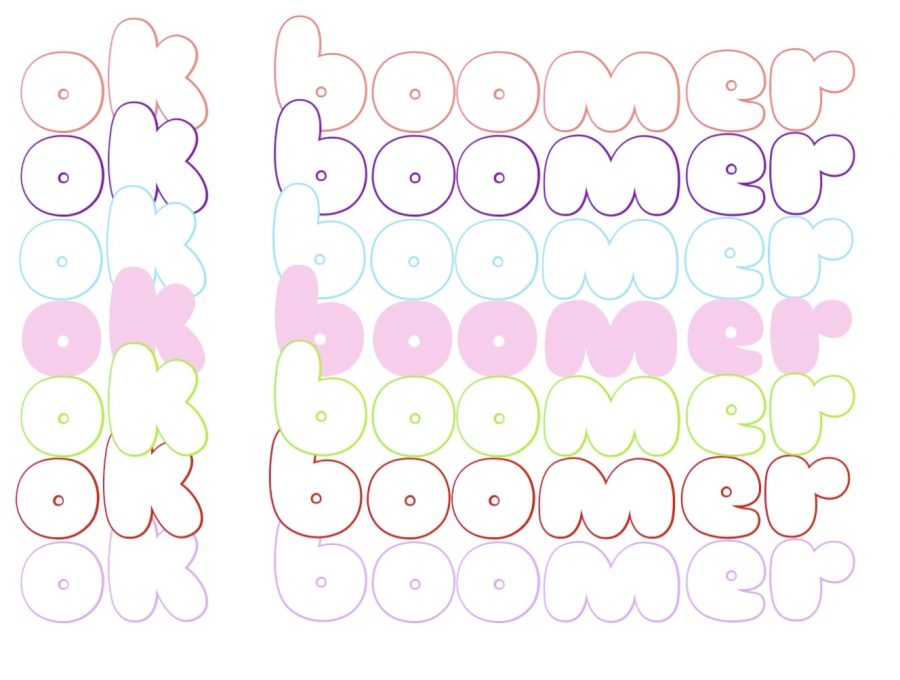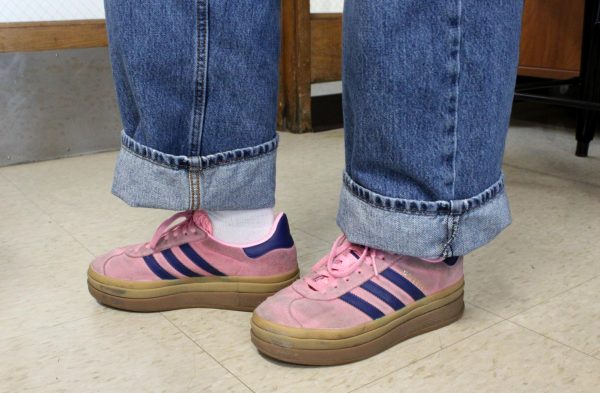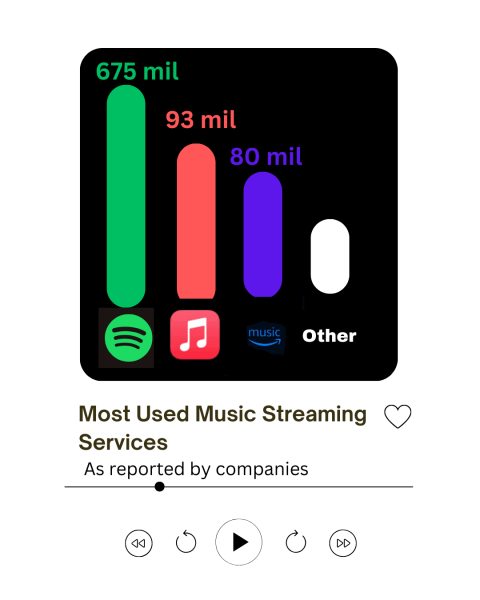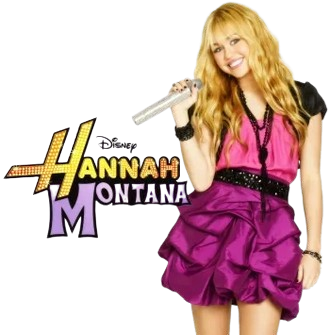OK, boomer: The iconic rally cry of Gen Z
In early November, 25-year-old New Zealand lawmaker Chlöe Swarbrick was giving a speech to Parliament on a climate crisis bill but was being heckled by an older member. Her response?“OK, boomer.”
If you’ve been at school at all in these past few months, I can certainly say that you’ve heard the famous phrase at one point. It’s spread through these halls like the flu. There’s “OK, boomer” shirts, stickers, and the infamous “OK, boomer” song. Nobody is immune.
The rise of this phrase can be traced back to the Gen Z headquarters: TikTok. In a since-deleted TikTok by late-middle-aged user @old_school_is_not_so_bad, he states: “the millennials and Generation Z have the Peter Pan syndrome; they never want to grow up. They think that the utopian ideals that they have in their youth are somehow going to translate into adulthood.”
TikTokers fought back with the now-familiar phrase: OK, boomer. Gen Zers needed to further separate themselves from boomers, so they declared themselves “zoomers” (Gen Z + boomers). These teen and twenty-something TikTokers decided to get @old_school_is_not_so_bad back the only way they knew how: through memes. That user’s comments and mentions were flooded with the phrase, duets were filled with pro-“zoomer” content, and eventually, @old_school_is_not_so_bad deleted his TikTok.
These teens and twenty-somethings were taking jabs at anyone who they deemed “outdated” or “old school.” According to Dictionary.com, “OK, boomer” is used to “call out or dismiss out-of-touch or close-minded opinions associated with the baby boomer generation and older people more generally.” As per the definition, this phrase isn’t something to get angry about. It’s simply a call-out phrase that can be equated to “Hey, man. Wanna think about that comment?”
But with the skyrocket of this phrase came global media attention. And misconstrued information.
On Oct. 29, The New York Times published an article titled “‘OK Boomer’ Marks the End of Friendly Generational Relations” with the tagline “Now it’s war: Gen Z has finally snapped over climate change and financial inequality.”
This opened up the fight of the zoomers to a world beyond TikTok, with new opponents ready to take shots at the phrase.
The article, which aimed to highlight and show the thoughts of major figures behind the “OK, boomer” movement, angered many baby boomers. One Twitter user tweeted: “Replace ‘boomer’ with any ethnic or cultural minority, does [it] still read okay to you?” Political commentator Bob Lonsberry even equated the use of the word “boomer” to the N-word, with many others saying that it’s ageist.
Before going into ageism, let’s talk about Mr. Lonsberry’s loaded comment. In no way, shape, or form is the phrase “OK, boomer” as bad as the N-word. This is not a slur nor is it even intended as an insult. It’s a simple retort to insensitive comments, a simple way of confronting the issue without actually diving into it.
Moving on, ageism is “prejudice or discrimination on the grounds of a person’s age,” according to Oxford dictionary. While the phrase “OK, boomer” could be seen as ageist, it’s not. Baby boomers and boomers are two different things, but since many baby boomers hold ideals that are considered by younger generations to be “outdated,” the term is mostly directed at them. However, my peers and I call my youth pastor a boomer when he takes our phones away, but he is not a baby boomer.
It’s not like these sentiments haven’t been expressed by older generations about zoomers, either. “OK, boomer” is ironic due to the circumstances and history between generational rifts. For years, the older generation has lamented about millennials killing every market imaginable and brand these millennials as “snowflakes” when they get upset. Now the tables have turned: these boomers are getting triggered when they’re branded “boomers.”
“OK, boomer” is a meme. It’s the only way that people our age know how to combat the hard truths of life. This isn’t a fight against the baby boomers; it’s the rebuttal to those who doubt the power of the young person.
Get ready for the age of youth power, boomer.











